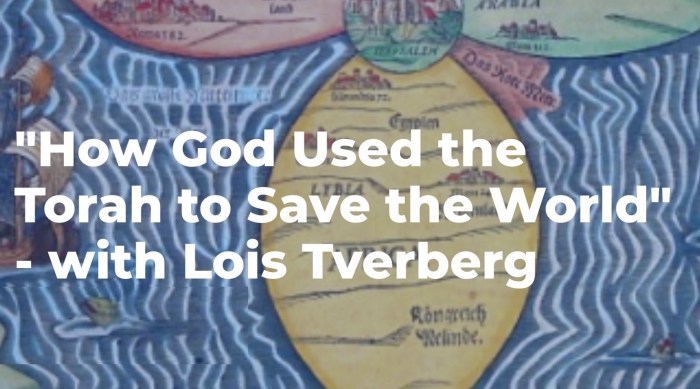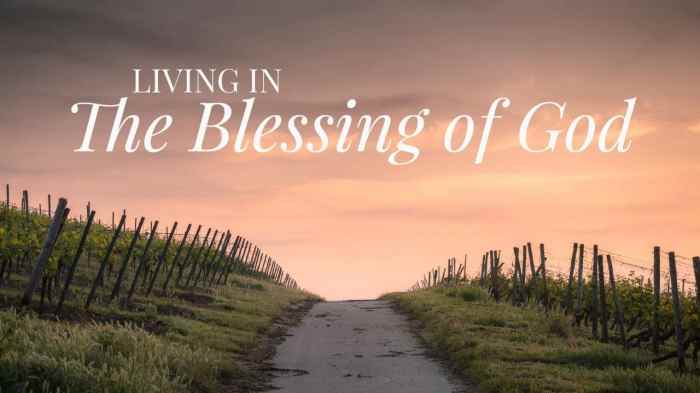God in the Torah Crossword embarks on an intriguing journey into the heart of the Torah, the sacred text of Judaism. This captivating narrative delves into the multifaceted nature of God, unraveling the rich tapestry of divine attributes, interactions, and the profound covenant with the people of Israel.
Through the lens of a crossword puzzle, we embark on a quest to uncover the hidden depths of God’s character, tracing the evolution of the concept of divinity within the Torah. Prepare to be captivated by the intricate interplay between God and humanity, as we witness divine interventions and the unfolding of a grand plan.
Etymology and Historical Context
The term “god” in the Torah has a rich and complex etymology and historical evolution. The Hebrew word for “god” is “Elohim,” which is a plural form of the word “El,” meaning “power” or “strength.” This suggests that the ancient Israelites conceived of God as a powerful and majestic being.
Over time, the concept of God in the Torah evolved. In the early books of the Torah, God is often depicted as a wrathful and vengeful deity, who punishes those who disobey his laws. However, in the later books of the Torah, God is portrayed as a more compassionate and forgiving God, who loves his people and desires their well-being.
Solving a crossword puzzle about God in the Torah can be challenging, but with the right resources, it can be easier. If you’re looking for a translation of “el otro circulo” in English, check out this website . Once you have the translation, you’ll be well on your way to completing your crossword puzzle and learning more about God in the Torah.
Different Hebrew Words for God
There are several different Hebrew words used to refer to God in the Torah. Each word has its own unique significance and is used in different contexts.
- Elohim:This is the most common word for “god” in the Torah. It is used to refer to the one true God of Israel, as well as to other gods and goddesses.
- Yahweh:This is the personal name of the God of Israel. It is revealed to Moses in the book of Exodus, and is used throughout the Torah to refer to the one true God.
- Adonai:This word means “lord” or “master.” It is often used in the Torah to refer to God, especially in contexts where it would be inappropriate to use the personal name Yahweh.
Attributes and Characteristics of God

The Torah portrays God as a multifaceted being with a complex and nuanced character. Through various narratives, laws, and poetic passages, the Torah reveals a God who is both transcendent and immanent, powerful and compassionate, just and merciful.
Power and Sovereignty
- The Torah emphasizes God’s immense power and sovereignty. He is the creator of all things, from the vast expanse of the universe to the intricate workings of the human body.
- Examples: The creation account in Genesis 1, the plagues of Egypt in Exodus, and the parting of the Red Sea in Exodus 14.
Justice and Righteousness
- God is depicted as a just and righteous judge who upholds the moral order of the world. He punishes wrongdoing and rewards those who follow his commandments.
- Examples: The destruction of Sodom and Gomorrah in Genesis 19, the Ten Commandments in Exodus 20, and the laws and regulations in Leviticus and Deuteronomy.
Mercy and Compassion
- Despite his justice, God is also a compassionate and merciful being. He is slow to anger and eager to forgive those who repent of their sins.
- Examples: God’s covenant with Noah in Genesis 9, his deliverance of the Israelites from slavery in Egypt, and his forgiveness of David’s sin in 2 Samuel 12.
Holiness and Transcendence
- The Torah emphasizes God’s holiness and transcendence. He is separate from and above creation, yet also present and active within it.
- Examples: The burning bush in Exodus 3, the giving of the Ten Commandments on Mount Sinai, and the vision of God’s glory in Ezekiel 1.
Immanence and Involvement
- While transcendent, God is also immanent and involved in the affairs of humanity. He hears the prayers of his people, intervenes in history, and guides their lives.
- Examples: God’s guidance of the Israelites through the wilderness in Exodus, his provision of manna and water, and his deliverance of them from their enemies.
God’s Covenant with Israel

The covenant between God and Israel, as recorded in the Torah, is a central pillar of Jewish identity and belief. It establishes a unique and unbreakable bond between God and the people of Israel, shaping their destiny and defining their relationship with the divine.
Terms and Conditions of the Covenant
The covenant is a conditional agreement, with God promising blessings and protection to the Israelites if they adhere to his commandments. These commandments, known as the Ten Commandments, form the core of the covenant and Artikel the ethical and religious obligations of the Israelites.
By following God’s laws, the Israelites would experience prosperity, peace, and a close relationship with their God.
Significance of the Covenant
The covenant played a profound role in shaping the identity and destiny of the Jewish people. It provided them with a sense of purpose and a unique place among the nations. The covenant also established a set of moral and ethical guidelines that governed their behavior and interactions with others.
By adhering to the covenant, the Israelites believed they were fulfilling their divine calling and bringing God’s blessings upon themselves and their land.
God’s Interactions with Humanity
In the Torah, God is portrayed as an active and involved deity who interacts with individuals and communities in various ways. These interactions serve to reveal God’s character, purposes, and involvement in human affairs.
God’s interactions with humanity can be categorized into several forms, including:
Direct Appearances
- To individuals: God appears to individuals in dreams, visions, or physical encounters. These appearances often convey important messages, provide guidance, or reveal God’s plans.
- To communities: God manifests his presence through natural phenomena, such as thunder, lightning, or fire, to demonstrate his power and authority.
Through Angels
God often sends angels to deliver messages, provide protection, or carry out his commands. Angels act as intermediaries between God and humans, facilitating communication and guidance.
Through Prophets
God appoints prophets to speak on his behalf and convey his messages to the people. Prophets play a crucial role in interpreting God’s will, calling for repentance, and providing spiritual leadership.
Through Miracles
God performs miracles to demonstrate his power and authority, often in response to human need or to challenge unbelief. Miracles serve as tangible evidence of God’s existence and intervention in human affairs.
Through Divine Law
God reveals his will and moral standards through the Torah, which provides a framework for righteous living and social order. The Torah serves as a guide for human conduct and a means of expressing God’s expectations for humanity.
These interactions with humanity shape our understanding of God’s character, his involvement in human affairs, and his desire for a relationship with his creation.
God’s Role in Creation and Redemption: God In The Torah Crossword

In the Torah, God is portrayed as the ultimate creator and redeemer. The Torah provides an account of God’s role in the creation of the world and humanity, as well as the ongoing process of redemption that God initiates and sustains.
Creation
The Torah begins with the account of God’s creation of the world in six days. God creates the heavens, the earth, the seas, and all living creatures, culminating in the creation of humanity in God’s image. This act of creation is not only a demonstration of God’s power but also an expression of God’s love and purpose for the world.
Redemption
The concept of redemption in the Torah refers to God’s actions to liberate and restore humanity from sin and its consequences. Redemption is a central theme throughout the Torah, from the story of the Exodus from Egypt to the prophets’ visions of a future messianic age.
God’s actions to redeem humanity include:
- Delivering the Israelites from slavery in Egypt
- Establishing a covenant with the Israelites at Mount Sinai
- Providing guidance and protection through the prophets
li>Sending a Messiah to bring about the ultimate redemption of humanity
Eschatological Vision, God in the torah crossword
The Torah presents an eschatological vision of God’s ultimate triumph over evil and the establishment of a new creation. This vision is expressed in the prophecies of a future messianic age, in which God will reign supreme and all creation will be restored to its original harmony and perfection.
FAQ Corner
What is the significance of the covenant between God and Israel?
The covenant establishes a special relationship between God and the Israelites, defining their obligations and responsibilities. It serves as the foundation for Jewish identity and the development of ethical and moral laws.
How does God interact with individuals in the Torah?
God’s interactions range from direct interventions, such as appearances to prophets, to more subtle guidance through dreams, visions, and divine inspiration.
What is the role of God in the creation of the world according to the Torah?
The Torah portrays God as the sole creator of the universe, bringing it into existence through divine speech and action.